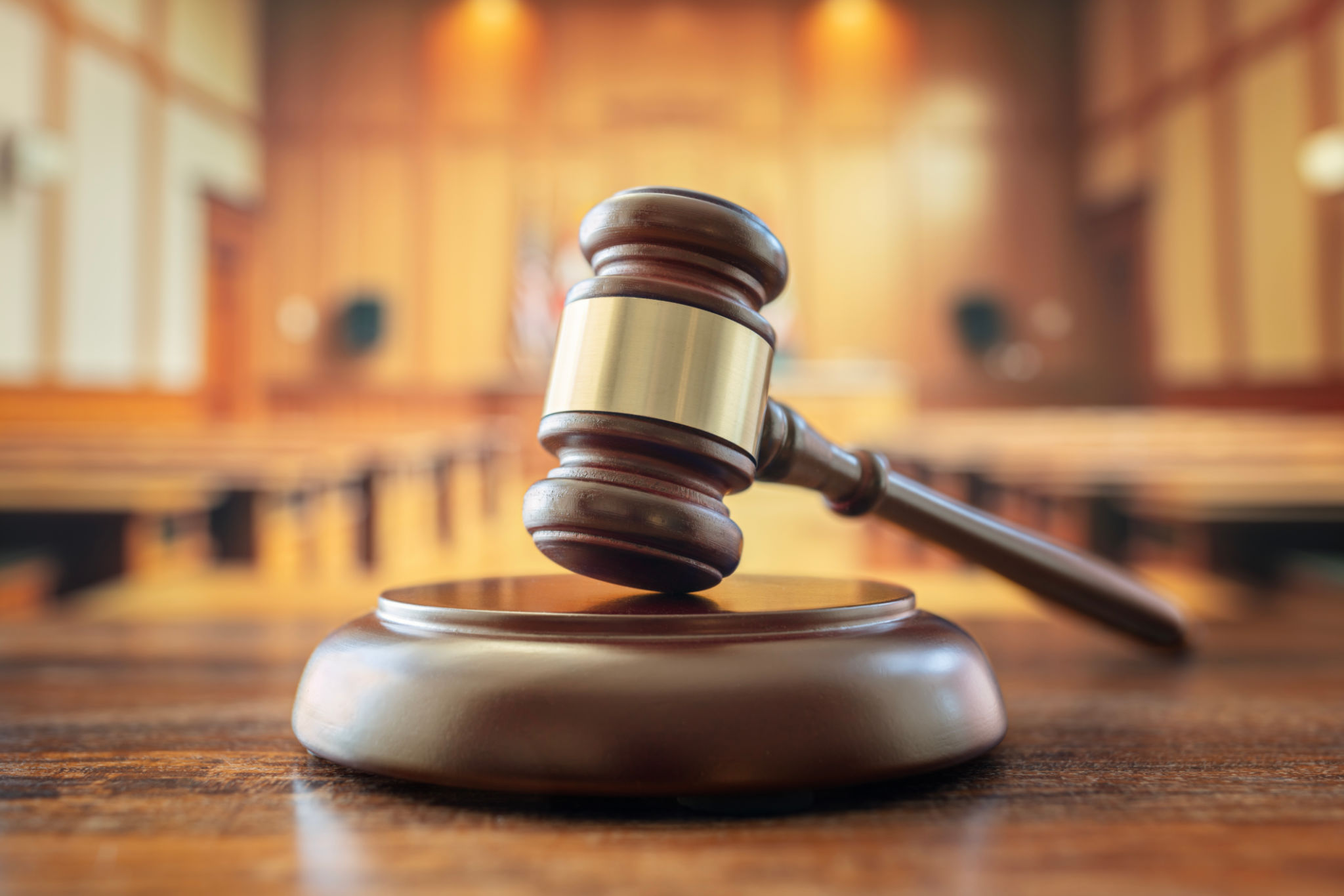How Local Regulations Affect DNA Testing Services in Brownsburg
Understanding Local Regulations
DNA testing services have become increasingly popular for a variety of purposes, including ancestry tracing, health insights, and legal matters. However, the landscape of DNA testing is heavily influenced by local regulations, which can vary significantly from one location to another. In Brownsburg, understanding these regulations is crucial for both consumers and service providers to ensure compliance and protect privacy.
Local regulations often dictate who can offer DNA testing services and under what conditions. For instance, Brownsburg may have specific licensing requirements that companies must meet to legally provide DNA testing services. These regulations are designed to protect consumers from misleading practices and to ensure the accuracy and reliability of test results.

Privacy Concerns in DNA Testing
Privacy is a major concern when it comes to DNA testing, as sensitive genetic information is involved. In Brownsburg, regulations may require companies to adhere to strict privacy protocols to protect consumer data. This can include guidelines on data storage, sharing, and the overall handling of genetic information.
These privacy regulations are essential because they safeguard individuals from potential misuse of their genetic data. Companies offering DNA testing services in Brownsburg must ensure that they comply with these rules, which can include obtaining explicit consent from consumers before performing any tests or sharing results.
Impact on Consumers
For consumers in Brownsburg, local regulations can impact the availability and type of DNA testing services they can access. Some tests may require a physician's order or may be restricted to certain types of facilities. This ensures that consumers receive accurate information and that their health and safety are prioritized.

Legal Aspects of DNA Testing
In addition to privacy concerns, legal aspects play a significant role in DNA testing services in Brownsburg. These can include the use of DNA test results in legal proceedings, such as paternity cases or criminal investigations. Local laws may specify how and when test results can be used as evidence, ensuring that they are handled appropriately within the justice system.
Furthermore, legal regulations may dictate the rights of individuals to access their genetic information or challenge test results. These laws are crucial for maintaining fairness and transparency in situations where DNA evidence is involved.
Compliance for Service Providers
For service providers in Brownsburg, compliance with local regulations is not only a legal obligation but also a critical component of building trust with consumers. Providers must stay informed about any changes in legislation and ensure that their practices meet all legal requirements. This includes regular training for staff and implementing robust systems for data protection and privacy.

The Future of DNA Testing Regulations
The regulatory environment for DNA testing in Brownsburg is likely to continue evolving as technology advances and public awareness grows. Future regulations may address emerging issues such as direct-to-consumer genetic testing kits or the ethical implications of genetic editing technologies.
Staying informed about these changes will be essential for both consumers and service providers. By understanding how local regulations affect DNA testing services in Brownsburg, all parties can ensure that they navigate this complex landscape successfully while protecting their rights and interests.